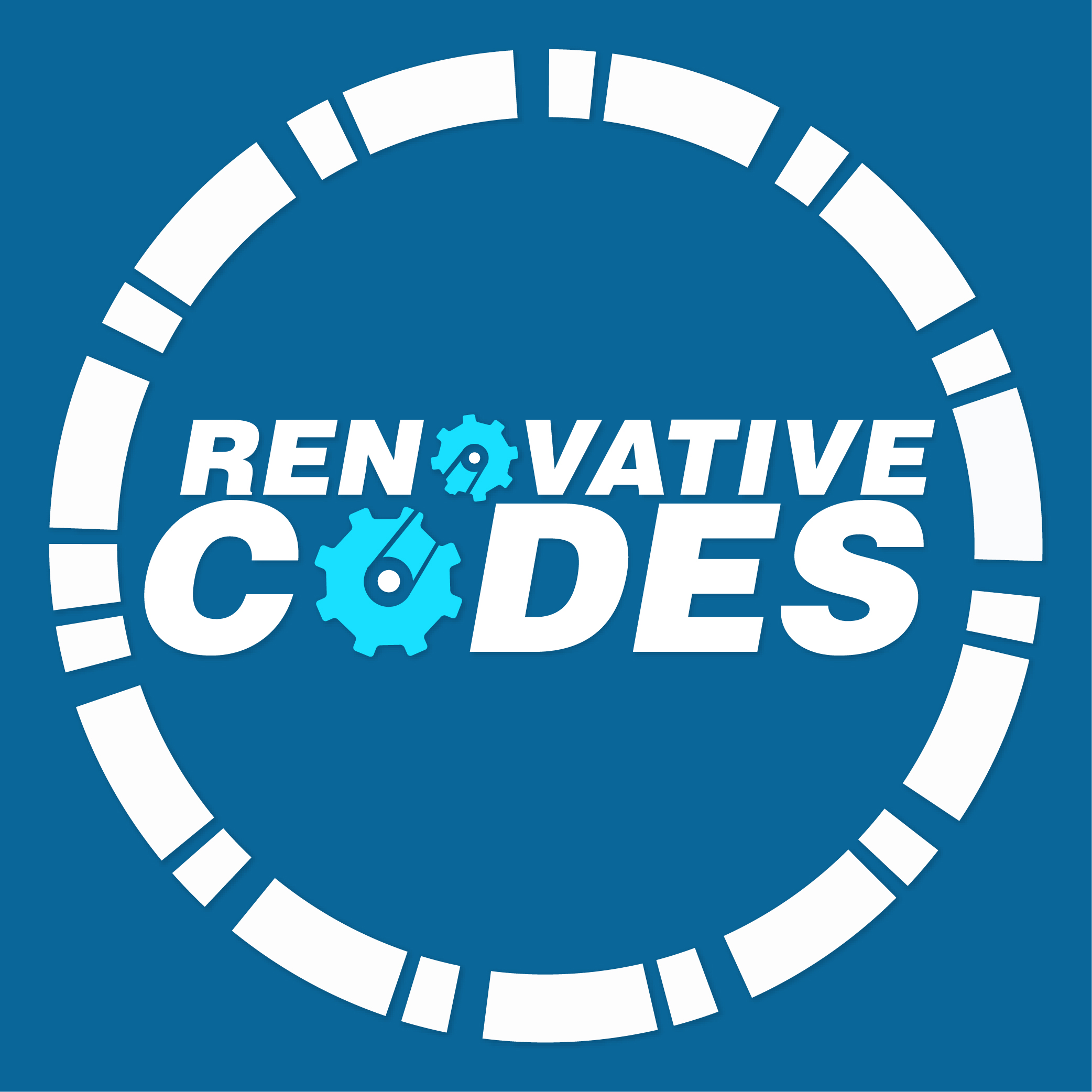Is the Future of Work Already Here? What You Need to Know for 2025.
The future of work isn’t just something we’ll experience in the distant future, it’s happening now, and it’s accelerating fast. As we move into 2025, the way we work, the roles we take on, and the tools we use are being reshaped by artificial intelligence (AI), automation, and new digital technologies. The big question: should we be preparing for these changes right now, or do we have time to catch up?
The Rise of AI: More Jobs, But Not All Jobs
The short answer is that the future of work is already knocking at our door. A recent World Economic Forum report forecasts that AI and automation will create over 19 million new jobs globally by 2025, but it will also make 9 million roles obsolete. So, we’re looking at a net gain of 10 million positions, but there’s a catch: these jobs will demand new skills, often in fields that didn’t even exist five years ago.
But that’s not all. The AI-driven economy is shifting industries, such as healthcare, finance, and agriculture, in ways we’ve never seen before. AI is diagnosing diseases more accurately, optimizing supply chains, and even predicting weather patterns to help farmers improve crop yields. In essence, AI isn’t just a tool; it’s a transformative force reshaping entire industries.
What Does This Mean for You?
The good news? There are plenty of new opportunities. But here’s the challenge: These roles will require a new set of skills, particularly around AI, data analysis, cybersecurity, and digital marketing. Reports from Gartner’s Future of Work Trends and McKinsey show that jobs in areas like AI ethics, machine learning, data science, and cybersecurity are expected to see explosive growth. As industries become more tech-dependent, those who aren’t equipped with the right skills risk being left behind.
So, yes it’s time to get prepared. The AI wave is coming, and it’s going to impact nearly every sector. If you’re not already learning about AI, data science, or automation tools, now is the time to start.
The Skills You’ll Need
1. AI & Machine Learning: Understanding how AI works and how to use it is no longer optional.
2. Data Science & Analytics: In a data-driven world, being able to analyze and make sense of data will be one of the most sought-after skills.
3. Cybersecurity:As more systems go online, protecting digital information will be critical.
4. Digital Marketing: As companies rely more on AI for personalized customer interactions, digital marketers who can use AI tools will be in high demand.
5. Emotional Intelligence & Adaptability: With machines taking on more technical tasks, human creativity and emotional intelligence will become the differentiators.
The Need for Constant Learning
A key takeaway from recent reports, including the Future of Jobs Report 2025, is that staying static is not an option. The workforce is changing, and it’s changing fast. To thrive, we must commit to continuous learning and skill development. If you’re not familiar with AI tools or machine learning, you should look into short courses, boot camps, and workshops to get a head start.
Additionally, the workplace of tomorrow will require a new mindset. Flexibility and adaptability will be essential traits, as remote work and freelancing continue to rise. In fact, the global freelance economy has exploded, with more young professionals taking on gig work in fields like content creation, web development, and even AI consulting.
However, the rapid adoption of AI presents a few challenges that can’t be ignored. For instance, there’s the issue of digital access. In many regions, particularly in emerging markets, reliable internet access and infrastructure remain barriers to AI adoption. The workforce must also grapple with AI ethics: ensuring that algorithms are fair, unbiased, and transparent.
Another big issue is the potential for job displacement. AI has the potential to automate repetitive tasks, which could result in job losses in industries like retail, customer service, and manufacturing. The solution? A shift towards upskilling and reskilling so that workers can transition into new roles that AI can’t easily take over.
How to Stay Ahead
1. Start with AI Literacy:Whether through online courses or self-study, becoming familiar with AI concepts is essential.
2. Upskill Constantly: Stay ahead by learning emerging technologies and tools that are reshaping industries.
3. Join Communities: Participate in tech forums, hackathons, and AI-related groups to build hands-on experience and network with like-minded individuals.
4. Think Creatively: AI may handle repetitive tasks, but humans will still excel at creative thinking, problem-solving, and emotional intelligence. Keep honing these skills.
The Bottom Line
The future of work is here. AI and automation are already transforming the way we work, but there’s still time to prepare. By upskilling, staying flexible, and embracing a mindset of lifelong learning, you can ensure that you’re not just keeping up but leading the charge in this new era.
So, take the initiative now don’t wait for the future to arrive. The world of work is evolving, and those who prepare today will shape tomorrow’s workforce. Let’s get ready to lead the AI revolution.
For more insights on how to prepare for the future of work, stay connected with us at [www.renovativecodes.com]

